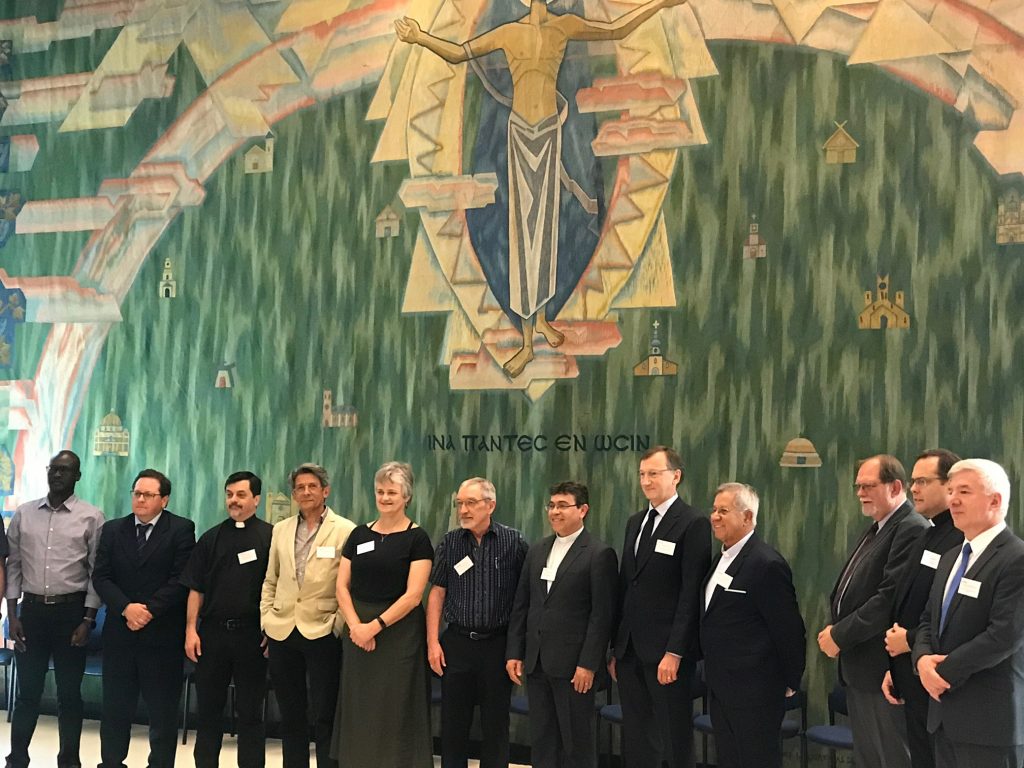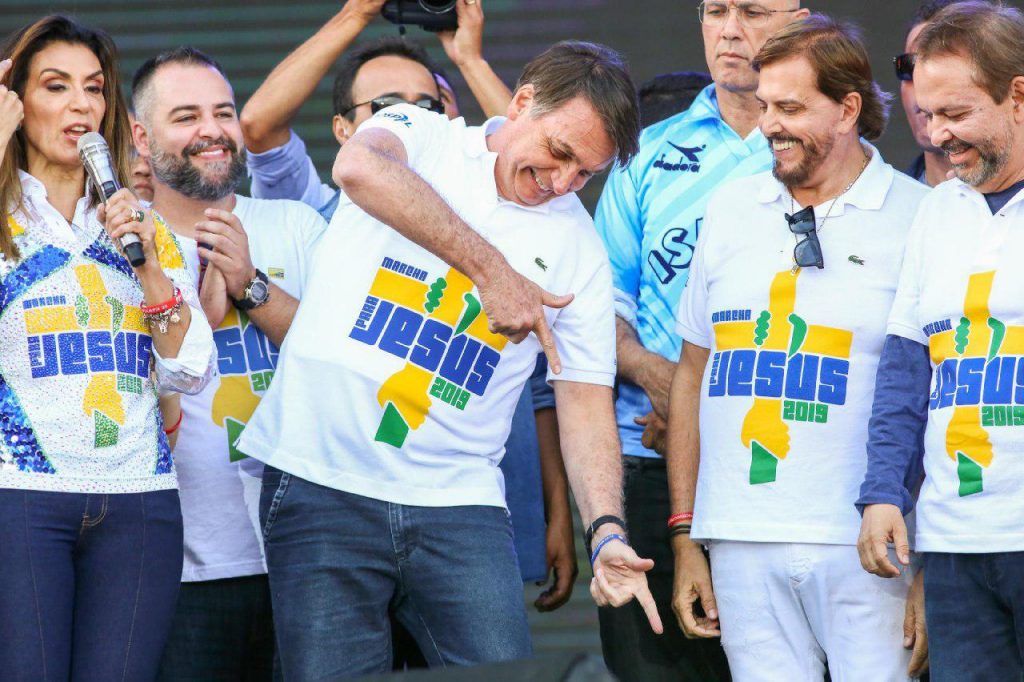RIO DE JANEIRO, BRAZIL – A fundamentalist version of Christianity in Brazil is legitimizing the governmental measures that run counter to the very foundations of the religion — among them discrimination, human rights violations and even the protection of the planet.
The alarm is being sounded by Brazilian churches which, concerned with the situation in their country, have convened in Switzerland to discuss the religious scenario in Brazil and ask for the help of the World Council of Churches so that a strategy may be developed.

In the ’70s, the World Council of Churches was instrumental in supporting the actions of clerics in Brazil who were fighting against the military dictatorship. Among its various activities, the group financed data collection on victims and torturers, which would eventually be known as “Brasil: Nunca Mais” (Brazil: Never Again).
Now, the ecumenical organization believes that the human rights situation in Brazil has once again become troublesome, particularly when religion is used to legitimize the suppression of rights.
Many Brazilian churches have found that, alone, they will not be capable of organizing themselves to face the current political trends. Therefore, they are asking for the help of churches around the world.
Protestant churches were the majority in the meeting, but a representative of the Roman Catholic National Confederation of Brazilian Bishops (CNBB) was also present.
Organized Christian Right-wing
Speaking to UOL news site, Reverend Romi Bencke, General Secretary of the National Council of Christian Churches of Brazil (CONIC), was forthright. “We are in the moment of a democratic breakdown,” she said. “Our great challenge is Christian fundamentalism.
What is Brazilian Christianity today? Fundamentalism always tends to be linked only to neo-Pentecostals. But in fact, this is found in all churches,” she said. “There is an organized Christian right-wing, and the moral issues are the ones that have the most impact. It’s an anti-feminist, anti-LGBT, racist agenda and all this is asserted through Christian values and discourse”.

The CONIC council today includes the Alliance of Baptists of Brazil, the Roman Catholic Church, the Anglican Episcopal Church of Brazil, the Evangelical Church of Lutheran Confession in Brazil, the United Presbyterian Church and the Syrian Orthodox Church of Antioch.
The Brazilian nun, who took part in the meeting, further notes that there is “withholding of what constitutes the Christian religious message.”
“On the other hand, we need to acknowledge that Christianity has always claimed to be the dominant religion in Brazil. And this has had an impact on indigenous peoples and others. Today, we see that Christian and patriarchal discourses legitimize violence against women,” she cautioned.
Romi recounts how her organization has approached feminist movements to help them refute Christian fundamentalism. “They are being attacked by a fundamentalist interpretation of the Bible. We also want to help in the religious discourse. They need to have the tools to fight back,” she said.
Christianity and organized crime
According to Romi, the World Council of Churches meeting in Geneva was something that Brazilian clerics had been requesting for months. “We don’t realize it alone,” she stated.
“A way for the World Council to take part could be through discussions in Brazil with the Arns Commission on Human Rights. We hope that the Council will be able to join and discuss strategies to address the relationship between Christianity and militias, between Christianity and organized crime. This is all growing. And if it continues, we will have an absurd disfigurement of Christianity”, she cautioned.

